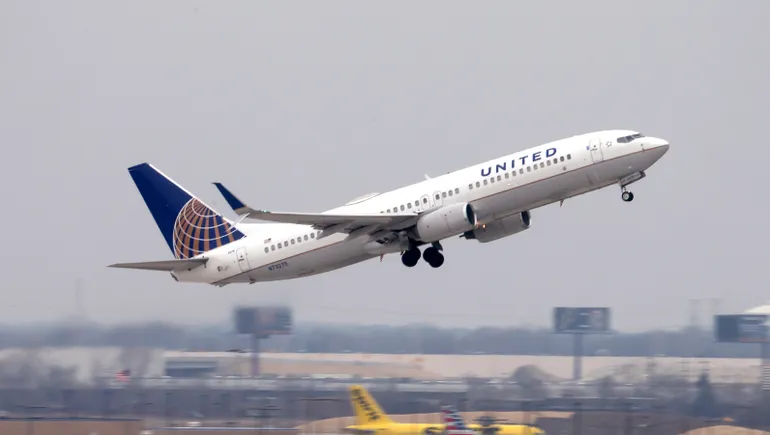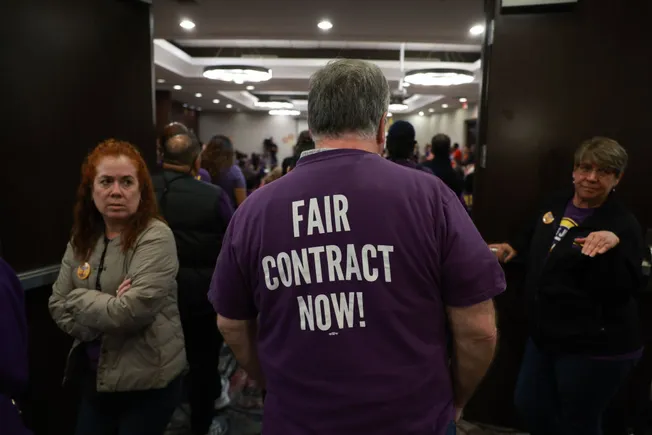Dive Brief:
- United Airlines will pay $99,000 to settle a claim from a worker of Mongolian ancestry that the airline tolerated — and then failed to investigate — a manager’s use of a slur towards him.
- According to a complaint filed Sept. 4, 2024, by the U.S. Equal Employment Opportunity Commission, the manager used the slur in a lunchroom after asking the worker to put his mask back up following his meal. The worker reported the incident to his supervisor, but tendered his two-weeks’ notice later the same day when United provided no response, EEOC alleged. No investigation occurred after that point, the agency said.
- In addition to paying $99,000, mainly in back pay and damages to the worker, United will review its written EEO policies, provide training to managers and HR staff, and modify its workplace violence policy, among other obligations, according to the Dec. 31, 2024, consent decree. The worker will also receive 75,000 miles through United’s loyalty program.
Dive Insight:
The worker’s charges appear to have caught EEOC’s attention in part due to the context in which they surfaced. The alleged discrimination occurred in January 2021, when the public was still on high alert regarding the coronavirus pandemic.
“The allegations arose at the height of the COVID-19 pandemic, when Asian Americans and those of Asian descent experienced public hostility and violence because of their race and/or ethnicity based on a common misconception that Asians caused the virus or pandemic,” EEOC said in a Jan. 6 news release on the settlement. “The allegations demonstrated how public vitriol manifested as backlash discrimination in the workplace.”
Reports of discrimination against Asian Americans increased following the COVID-19 outbreak. Thirty-two percent of Asian Americans surveyed by the Pew Research Center in April 2021 said they feared someone might threaten or physically attack them, and 8 in 10 said violence against Asian Americans was increasing. Twenty-seven percent said they had been subjected to racial slurs or jokes.
More recently, in a 2022-2023 survey, 32% of Asian adults told Pew they personally knew another Asian person who had been threatened or attacked since the COVID-19 outbreak. That rate was higher (36%) among East Asian adults, including Chinese, Korean and other, less populous Asian groups. It was smaller (21%) among Indian and other South Asian individuals.
Employers should conduct audits to find where systemic inequities may exist in the workplace, according to a January 2023 report from Coqual, a think tank. Companies can then share those results with leadership, educate stakeholders on structural racism and collaborate with workers to build solutions, according to the report on anti-Asian sentiment in the workplace.






Leave a Reply